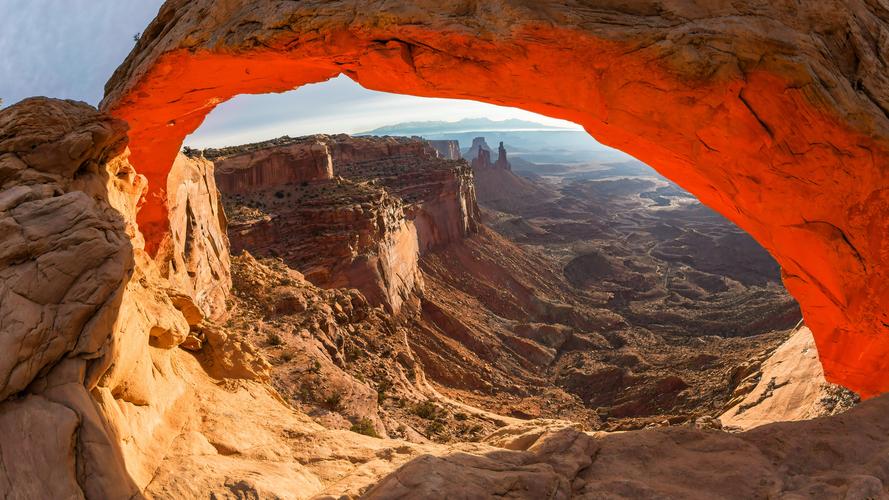Social media has become an integral part of our lives, affecting not only our personal but also our professional and cultural norms. It has become a powerful tool for connecting people and sharing ideas and perspectives, which has influenced current cultural changes.
The Role of Social Media in Shaping Current Cultural Norms
The internet has brought about a revolution in the world of communication. With social media, people can now connect and interact with each other from all parts of the globe. Social media platforms such as Facebook, Twitter, Instagram, Snapchat, and LinkedIn have changed the way we communicate and created all-new dimensions of social interaction.
Social media provides a space for people to express themselves and communicate their thoughts, feelings, beliefs, and opinions, which has led to changes in cultural norms. In the past, cultural changes were driven by a few influential leaders and authoritative figures. Today, cultural changes are driven by people themselves through social media’s power.
With social media, the power has moved from institutional gatekeepers like the mainstream media and cultural elites to everyday people, based on their social capital. These individuals’ followersbase and social capital, therefore, provides them with a platform for influencing and shaping social norms.
Social media has given rise to the democratization of voices and ideas. It is no longer necessary to have a massive following or broadcast platform to become a thought leader or influencer in a specific field or interest area. People can now carve out spaces for themselves and present their perspectives, opinions and develop their own followers based on their content quality and consistency.
For instance, in the beauty industry, there has been a profound change in the type of models that are being chosen for beauty campaigns due to the influence of social media. Beauty influencers have emerged who break the conventional canons of beauty, challenging societal stereotypes and redefining beauty norms. Beauty campaigns are no longer dictated by slim figures with specific features but are now more inclusive and representative of different skin tones, facial features, and body types.
Social media has also brought people’s attention to global social issues, including human rights, climate change, animal welfare, and many others. Movements like #MeToo and Black Lives Matter, which may have never gained traction outside protest grounds, have gained remarkable attention through social media platforms.
Many brands are also increasingly recognizing the power of social media and collaborating with influencers and celebrities to drive their products’ popularity. The percentage of influencers in influencing purchase decisions of millennials has also increased, with 60% of millennials claiming content from a YouTube influencer affects their shopping habits.
In conclusion, social media has become a significant player in shaping cultural norms, increasing the importance of the power of more authentic voices. As a result, influencers from diverse societal backgrounds, walks of life and fields of endeavours now have an opportunity to shape culture and become cultural thought leaders in the associated fields. Social media has truly become a tool for democratizing the influence of knowledge and talent.
(Note: Do you have knowledge or insights to share? Unlock new opportunities and expand your reach by joining our authors team. Click Registration to join us and share your expertise with our readers.)
Speech tips:
Please note that any statements involving politics will not be approved.
